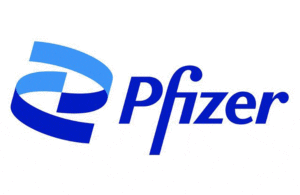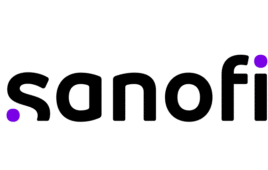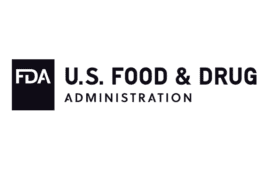 U.S. and European regulators have accepted applications for Pfizer’s marstacimab, an investigational treatment for hemophilia A and B. The FDA set a decision date in late 2024 while the EMA set the stage for a possible approval in early 2025.
U.S. and European regulators have accepted applications for Pfizer’s marstacimab, an investigational treatment for hemophilia A and B. The FDA set a decision date in late 2024 while the EMA set the stage for a possible approval in early 2025.
The applications are based on positive data from the phase 3 BASIS trial, presented over the weekend at the American Society of Hematology’s annual conference. The data showed marstacimab reduced bleeding rates compared to standard treatments. The study, which investigated 116 people with hemophilia over a 12-month active treatment period, found that marstacimab significantly reduced bleeding rates compared to standard treatments, which include routine prophylaxis or on-demand (OD) treatment. Routine prophylaxis involves regular, scheduled doses of clotting factor concentrates to prevent bleeding episodes in individuals with hemophilia while OD treats bleeding episodes as they occur with clotting factor concentrates FVIII or FIX.
Compared to routine prophylaxis, treatment with marstacimab resulted in a 35.2% mean reduction in ABR over 12 months. Marstacimab also significantly reduced ABR by 91.6% compared to on-demand treatment over the same period.
The data were statistically significant and clinically meaningful.
First potential flat-dose treatment for hemophilia A and B
In the study, participants received a 300 mg loading dose and a 150 mg weekly dose thereafter.
If approved, marstacimab, a novel anti-tissue factor pathway inhibitor (anti-TFPI), would be the first once-weekly subcutaneous treatment for hemophilia B. It would also be the first flat-dose treatment for hemophilia A and B. Currently, intravenous infusions are the standard treatment for hemophilia A and B.
Marstacimab is designed to prevent bleeding episodes by inhibiting a protein involved in blood clotting and promises a convenient treatment option that prevents life-threatening bleeds.
GlobalData expects revenue for marstacimab to reach an annual total of $139 million by 2036 in the U.S.
Hemophilia treatment landscape quickly evolving
The treatment landscape for hemophilia is quickly evolving, with several therapies recently scoring regulatory approval or progressing through clinical trials. Sanofi’s Altuviiio for hemophilia A was approved by the FDA in early 2023. This long-acting factor VIII therapy requires only weekly dosing. BioMarin’s Roctavian won FDA approval in June 2023. As the first gene therapy for adults with severe hemophilia A, the therapy provides sustained factor VIII expression after just a single infusion.
The hemophilia pipeline includes gene therapies like SPK-8011 and gene editing treatments such as P-FVIII-101.
Filed Under: clinical trials, Hematology



